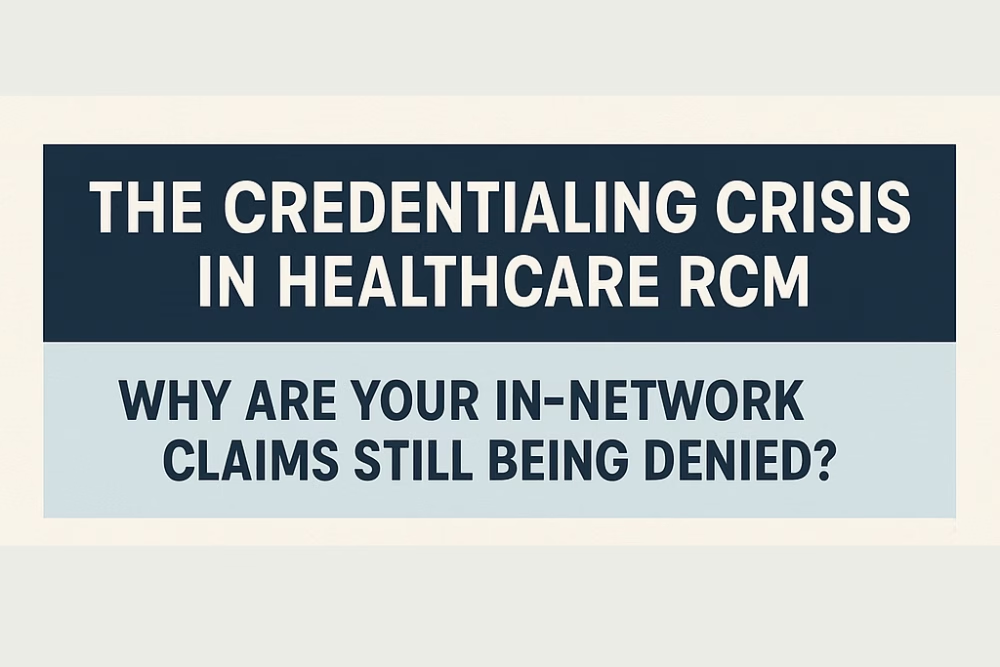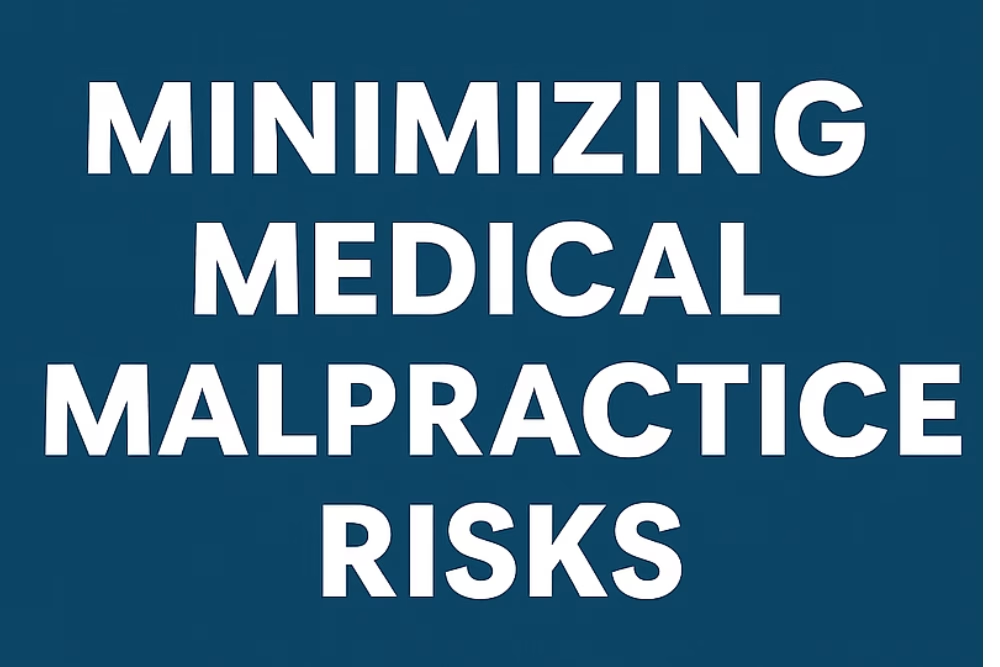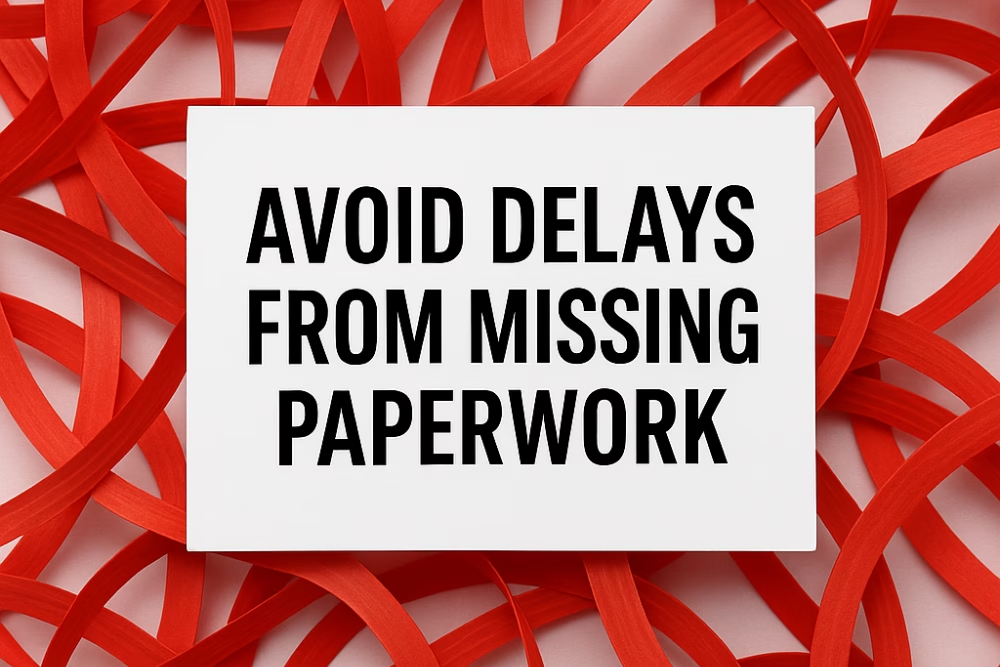Insurance Contract Negotiations isn’t just about rates—it’s about securing the financial future of your medical practice. Poorly negotiated terms can lead to underpayments, cash flow issues, and administrative headaches. For practice managers and providers, understanding how to strategically approach contract negotiation is essential for long-term sustainability and growth.
In this guide, we’ll walk you through a step-by-step process to optimize your insurance contracts, helping you increase reimbursements and reduce friction with payers.
Why Insurance Contract Negotiation Matters
Your insurance contracts dictate how and how much you get paid. Most payers reimburse significantly less than your billed charges, making it vital to negotiate favorable terms. Smart contract negotiation directly impacts your revenue cycle, patient care capacity, and overall business health.
7 Proven Steps to Successfully Negotiate Insurance Contracts
1. Analyze Your Data First
Before negotiating, gather data on average service costs, patient volume, revenue per visit, and regional payer rates. Strong analytics will give you negotiation power.
2. Identify High-Volume Procedures
List your most frequently performed services. Focus on CPT codes that account for the bulk of your income and use them as leverage in the negotiation.
3. Review Current Contracts
Understand what’s working—and what isn’t. Highlight areas such as outdated rates, slow claim processing, and clauses that negatively affect revenue.
4. Reach Out Proactively
Don’t wait until the renewal deadline. Contact payers with a clear proposal and express your intent to improve the agreement.
5. Build Win-Win Proposals
Payers want value. Demonstrate how your practice reduces hospitalizations, improves patient outcomes, or provides specialized services that benefit their members.
6. Document the Agreement
Once terms are agreed upon, get everything in writing. Avoid vague clauses. Clarity protects both parties.
7. Seek Legal Review
Have a healthcare attorney vet the final draft. It’s worth the investment to prevent future disputes.
Best Practices for Better Results
-
Define Your Goals: Know what you want before you start—higher reimbursements, faster payments, or streamlined claims.
-
Back Up Your Case: Use reports, analytics, and EMR data to support your ask.
-
Negotiate More Than Just Rates: Administrative burdens, turnaround time, and denial handling are all negotiable.
-
Showcase Your Value: Highlight patient outcomes, satisfaction scores, and your practice’s reputation.
-
Know When to Walk: If the deal doesn’t make financial sense, walk away.
-
Stay Informed: Keep up with industry trends, payer policies, and fee schedule updates.
Let eClinicAssist Handle It for You
Insurance contract negotiation can be complex, time-consuming, and stressful—but you don’t have to do it alone. At eClinicAssist, we specialize in insurance contract optimization for medical practices. Our team of experts will help you secure better reimbursement rates, simplify payer communications, and boost your revenue.
👉 Ready to maximize your contracts? Contact eClinicAssist today for a free consultation!







